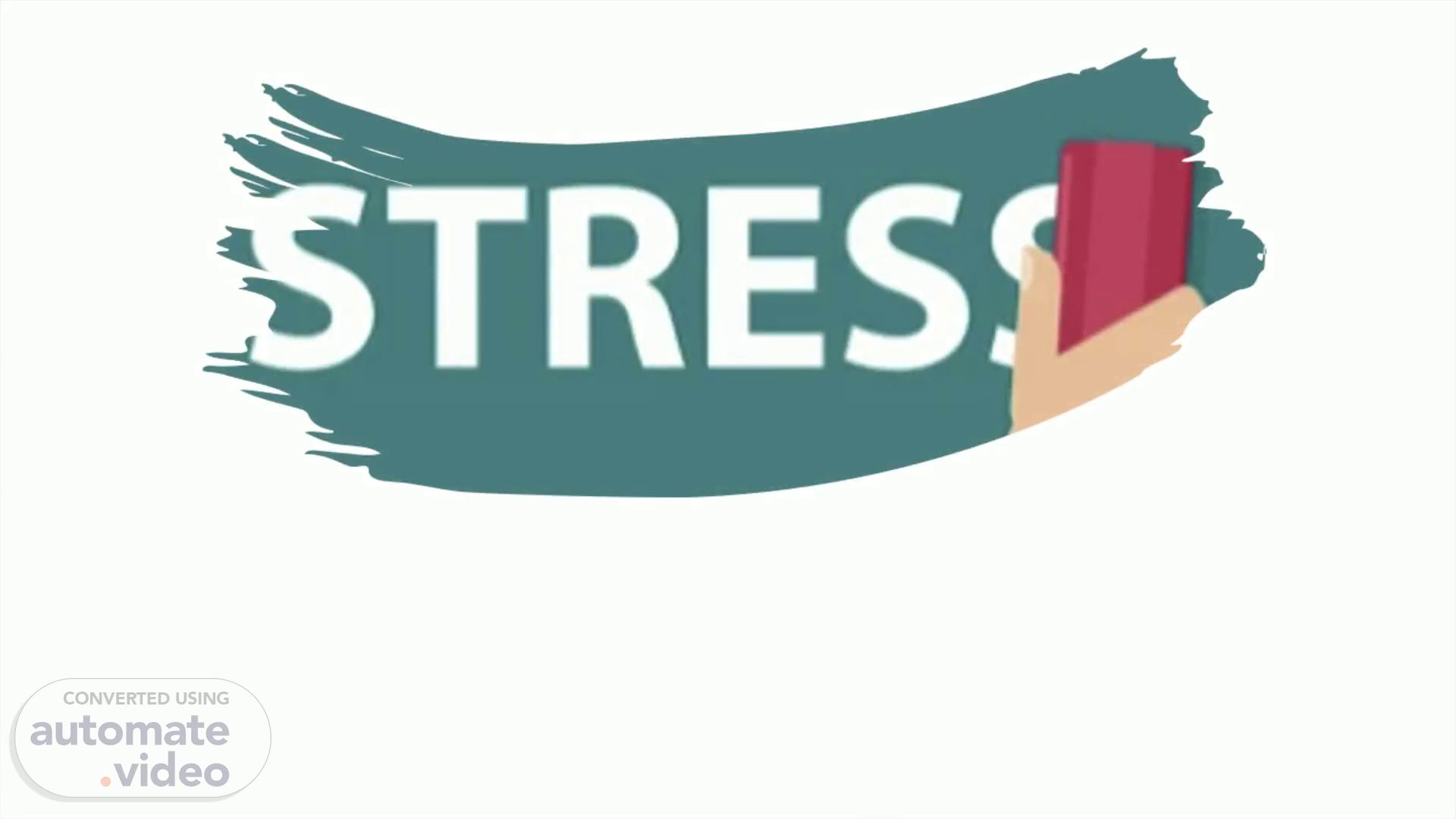
Page 1 (0s)
STRESV. How to manage and reduce stress. Oceanic- Health And WellBeing Department.
Page 2 (22s)
How can I identify the signs of stress?. Everyone experiences stress. However, when it is affecting your life, health and wellbeing, it is important to tackle it as soon as possible, and while stress affects everyone differently, there are common signs and symptoms you can look out for: feelings of constant worry or anxiety feelings of being overwhelmed difficulty concentrating mood swings or changes in your mood irritability or having a short temper difficulty relaxing depression low self-esteem eating more or less than usual changes in your sleeping habits using alcohol, tobacco or illegal drugs to relax aches and pains, particularly muscle tension diarrhoea and constipation feelings of nausea or dizziness loss of sex drive..
Page 3 (54s)
Three steps to take when feeling stressed. 1. Realise when it is causing you a problem Try to make the connection between feeling tired or ill and the pressures you are faced with Look out for physical warnings such as tense muscles, over-tiredness, headaches or migraines 38 2. Identify the causes Try to identify the underlying causes. Sort the possible reasons for your stress into three categories. 1) those with a practical solution 2) those that will get better given time and 3) those you can’t do anything about Try to release the worry of those in the second and third groups and let them go. 3. Review your lifestyle Could you be taking on too much? Are there things you are doing which could be handed over to someone else? Can you do things in a more leisurely way? To act on the answer to these questions, you may need to prioritise things you are trying to achieve and re-organise your life This will help to release pressure that can come from trying to do everything at once.
Page 4 (1m 36s)
Seven steps to help protect yourself from stress.
Page 5 (2m 28s)
5. Be mindful Mindfulness is a mind-body approach to life that helps us to relate differently to experiences. It involves paying attention to our thoughts and feelings in a way that increases our ability to manage difficult situations and make wise choices Try to practice mindfulness regularly Mindfulness meditation can be practiced anywhere at any time Research has suggested that it can reduce the effects of stress, anxiety and related problems such as insomnia, poor concentration and low moods, in some people 6. Get some restful sleep Are you finding you are struggling to sleep? This is a common problem when you’re stressed Good sleep doesn’t just mean lots of sleep: it means the right kind of sleep. 7. Don’t be too hard on yourself Try to keep things in perspective. Remember that having a bad day is a universal human experience When your inner critic or an outer critic finds faults, try and find truth and exception to what is being said If you stumble or feel you have failed, don’t beat yourself up Act as if you were your own best friend: be kind and supportive Take a few minutes each day to appreciate yourself.